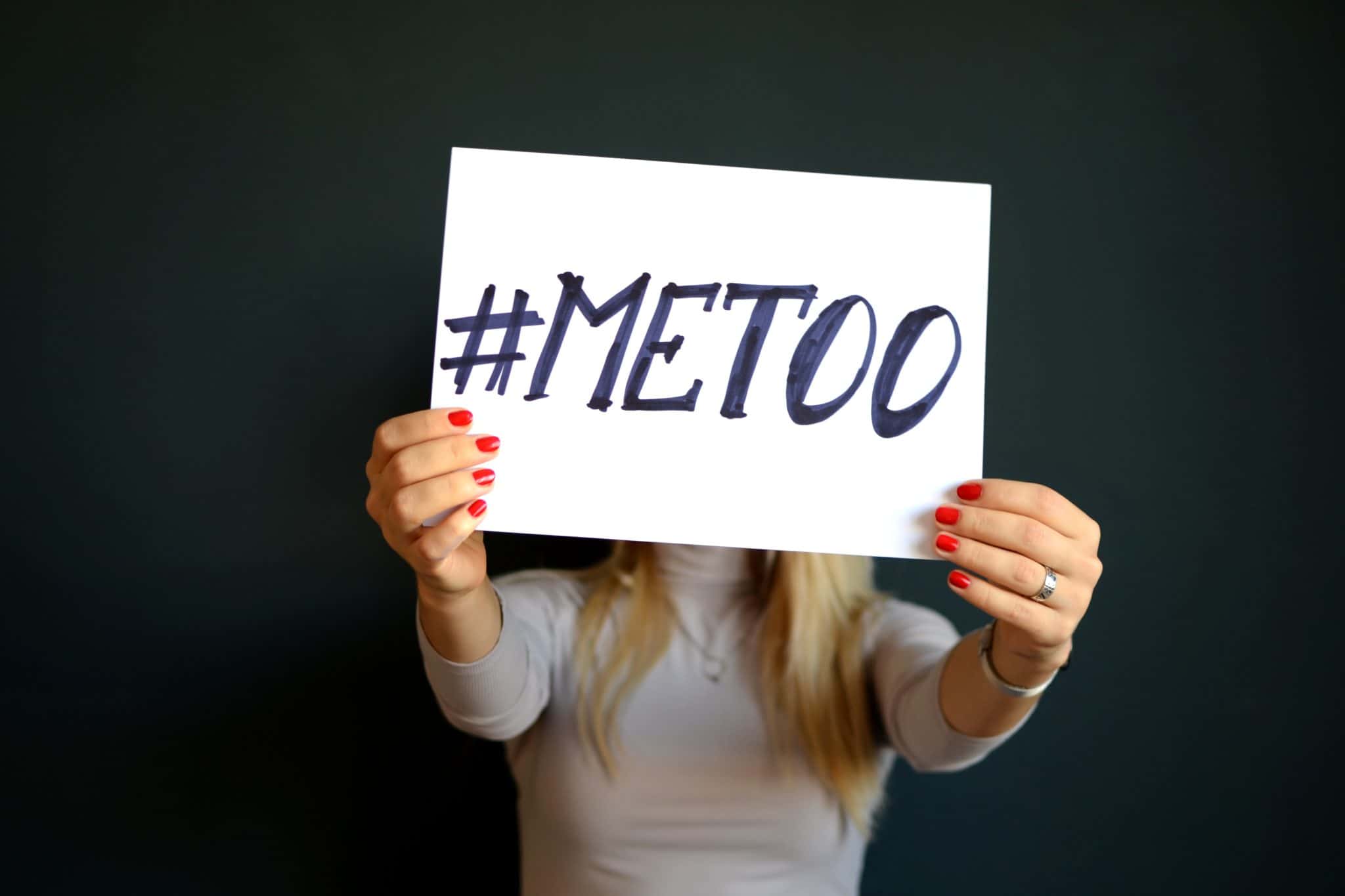Alisha Jarwala is a student at Harvard Law School and a member of the Labor and Employment Lab.
Yesterday, Kickstarter employees voted to unionize, becoming the first well-known technology company to do so. The New York Times reports that the employees will be affiliated with the Office and Professional Employees International Union and will begin contract negotiations over equal pay and hiring practices. Kickstarter’s union drive began last year, drawing widespread attention when the company fired two of the employees behind the organizing attempt. The Times article notes that this pro-union vote is significant for the technology industry, where “workers have become increasingly activist in recent years over issues as varied as sexual harassment and climate change . . . [b]ut large-scale union efforts have faltered.”
New Jersey Governor Phil Murphy has announced an overhaul of the state’s laws relating to workplace harassment. The proposed legislation would clarify the “severe or pervasive” standard for establishing a hostile working environment and make it clear that “a single incident can create a hostile work environment and that harassment need not involve physical touching.” The proposal would also mandate employers to establish workplace policies on training on discrimination and harassment, and increase protections for domestic workers and unpaid interns. Bloomberg notes that these reforms follow California, Delaware, and New York, which have all revised their laws to make it easier for workers to sue for sexual harassment in the wake of the #MeToo movement.
Amazon CEO Jeff Bezos has committed $10 billion to address climate change. The New York Times reports that this initiative, the Bezos Earth Fund, will fund scientists, activists, and nonprofits working to fight the impact of climate change. Amazon employees have demanded that their employer do more to address climate change for over a year. While Bezos announced a Climate Pledge in September to become carbon-neutral, workers believe this is insufficient. Some also claim they have faced retaliation for their activism. In response to Bezos’s new initiative, Amazon Employees for Climate Justice tweeted: “We applaud Jeff Bezos’ philanthropy, but one hand cannot give what the other is taking away. The people of Earth need to know: When is Amazon going to stop helping oil and gas companies ravage Earth with still more oil and gas wells?”
Finally, OnLabor Senior Contributor Charlotte Garden has an op-ed in the Washington Post discussing DoorDash employees’ strategy of filing thousands of simultaneous individual arbitrations in response to the company’s mandatory arbitration clause. Garden writes that this creative strategy is a way for workers to “reclaim some leverage in a legal environment that employers shape to their own benefit.” However, she notes that mass arbitrations are not a complete solution—filing for arbitration is still burdensome and expensive, and employees might wait years for their cases to go forward because of a shortage of arbitrators. Garden emphasizes that a “more sustainable solution would be for Congress to bar employers from unilaterally imposing individual arbitration on their workforces,” such as through the PRO Act, passed by the House this month.






Daily News & Commentary
Start your day with our roundup of the latest labor developments. See all
July 15
The Department of Labor announces new guidance around Occupational Safety and Health Administration penalty and debt collection procedures; a Cornell University graduate student challenges graduate student employee-status under the National Labor Relations Act; the Supreme Court clears the way for the Trump administration to move forward with a significant staff reduction at the Department of Education.
July 14
More circuits weigh in on two-step certification; Uber challengers Seattle deactivation ordinance.
July 13
APWU and USPS ratify a new contract, ICE barred from racial profiling in Los Angeles, and the fight continues over the dismantling of NIOSH
July 11
Regional director orders election without Board quorum; 9th Circuit pauses injunction on Executive Order; Driverless car legislation in Massachusetts
July 10
Wisconsin Supreme Court holds UW Health nurses are not covered by Wisconsin’s Labor Peace Act; a district judge denies the request to stay an injunction pending appeal; the NFLPA appeals an arbitration decision.
July 9
the Supreme Court allows Trump to proceed with mass firings; Secretary of Agriculture suggests Medicaid recipients replace deported migrant farmworkers; DHS ends TPS for Nicaragua and Honduras